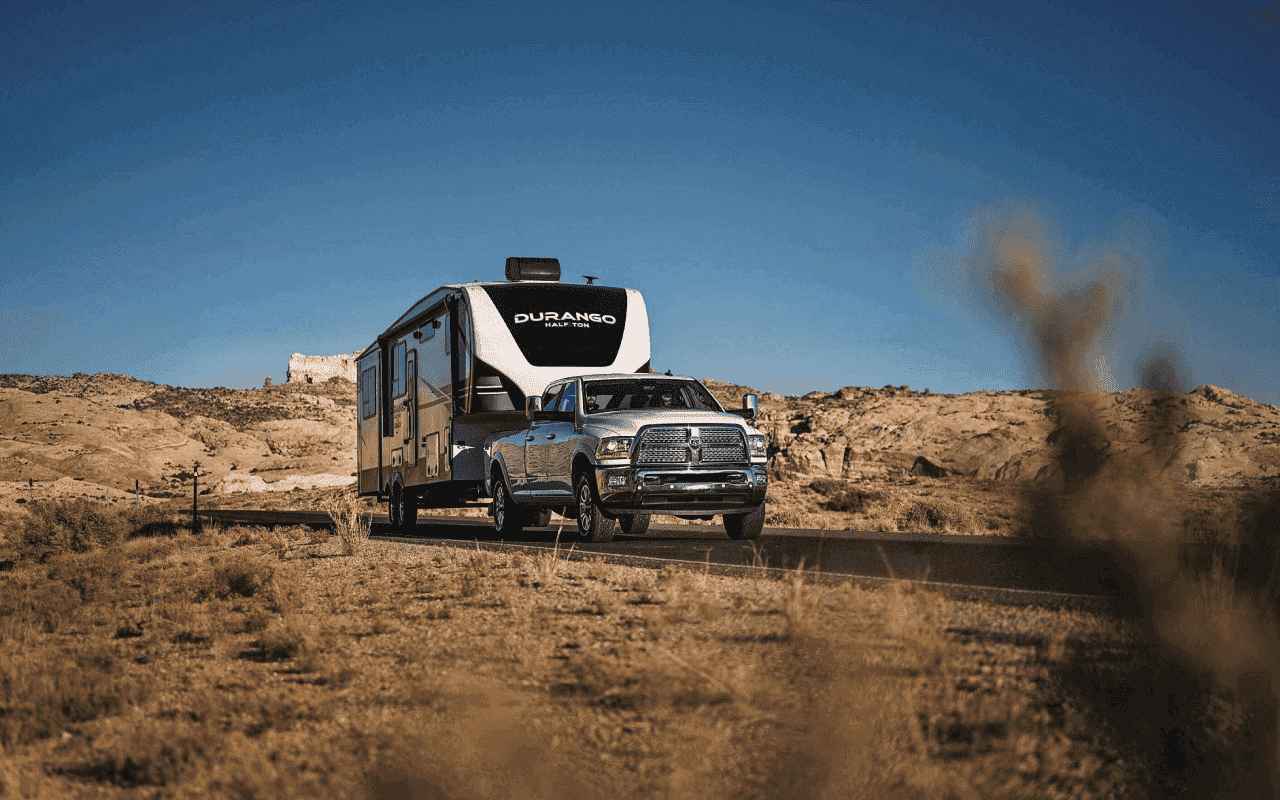
Your RV is packed with all the features that make camping a great experience, but did you know your RV or camper may also be a tax deduction? It’s true! Depending on where you bought your RV and the way you use your RV, you may be able to claim several RV tax deductions. Learn more about RV tax deductions before speaking with your tax service or accountant about your options.
There are many factors that may influence your personal options for RV tax deductions, so be sure to check with your accountant, tax advisor, legal advisor, or trusted tax advisory services before claiming any RV deductions to ensure that you qualify.
Is an RV a Tax Write-Off?
Yes, your RV can be a tax write-off, no matter how long you’ve owned it. New and used RVs are both eligible for tax deductions in many states. If your RV is your home, certain deductions may also apply. If your RV is your business, such as working from the RV or renting the RV as a business, you may qualify for additional deductions. Any RV tax deductions will require additional paperwork to verify the write-off claim, so be sure to gather any necessary info regarding your RV tax deductions.
Types of RV Tax Deductions
Part-time RVers, full-time RVers, and campers who use their RV for business are typically eligible for a variety of deductions and write-offs.
RV tax deductions can include:
- Homeowner tax deductions if you claim your RV as your home. You do not have to have your RV in one location for it to be your home.
- The sales tax you paid on your RV purchase. This is available in most states for the tax year the RV was purchased. So if you bought your RV in the year you’re currently filing taxes for, the sales tax of the RV purchase may be a tax deduction.
- The interest you paid on your RV loan or mortgage for the tax year.
- Business tax deductions if you work from your RV or use your RV as a rental during the tax year.
As with non-RV tax write-offs, your RV tax deductions will require additional forms, paperwork, and often receipts to verify the deduction. Make sure to speak with your tax professional to ensure you’re choosing the right tax deductions for your RV, camper, motorhome, fifth wheel, travel trailer, or toy hauler.
Is Interest on an RV Loan Tax-Deductible?
Yes, in most states, the interest on your RV financing is tax-deductible. This is typically available whether your RV is your primary or secondary home, though some states may have their own requirements.
In general, the interest on your RV loan is tax-deductible as long as:
- Your RV is the security for the loan you used to purchase it.
- Your RV has an area for sleeping.
- The RV has cooking facilities.
- The RV has toilet facilities.
These are the qualifications the IRS requires for a vehicle or home to be considered a residence for tax purposes [1]. This makes many RVs, including Class As, Class C Diesel Motorhomes, toy haulers, and a wide variety of campers eligible to be considered a primary or secondary residence if other requirements are met.
Business RV Tax Deductions
Some RVers are also looking to see if they can use their camper as a business tax deduction. RVs, campers, motorhomes, towables, and other recreational vehicles may qualify as business tax deductions depending on the use of the vehicle or towable.
You may be able to deduct RV expenses as a business tax write-off if:
- You work from home in your RV, additional accounting will be needed to verify this expense.
- You rent out your RV, whether that’s done parked on your property as a hotel or rented through another service.
- You use your RV for other business purposes.
If you’re eligible for RV business tax deductions, you may be able to deduct RVing costs such as fuel or even camping costs. Speak with your tax professional to see which options you may qualify for.
Saving on Your RV Expenses
Many campers are looking to maximize their RV tax deductions to increase their savings. Before deducting left and right, talk to a trusted professional to make sure your RV usage qualifies. There are many expenses that may qualify, so be sure to save receipts and additional paperwork to support your RV tax deductions this tax season.
Sources:
1- Intuit, Can You Claim a Boat or RV as a Primary Residence?



